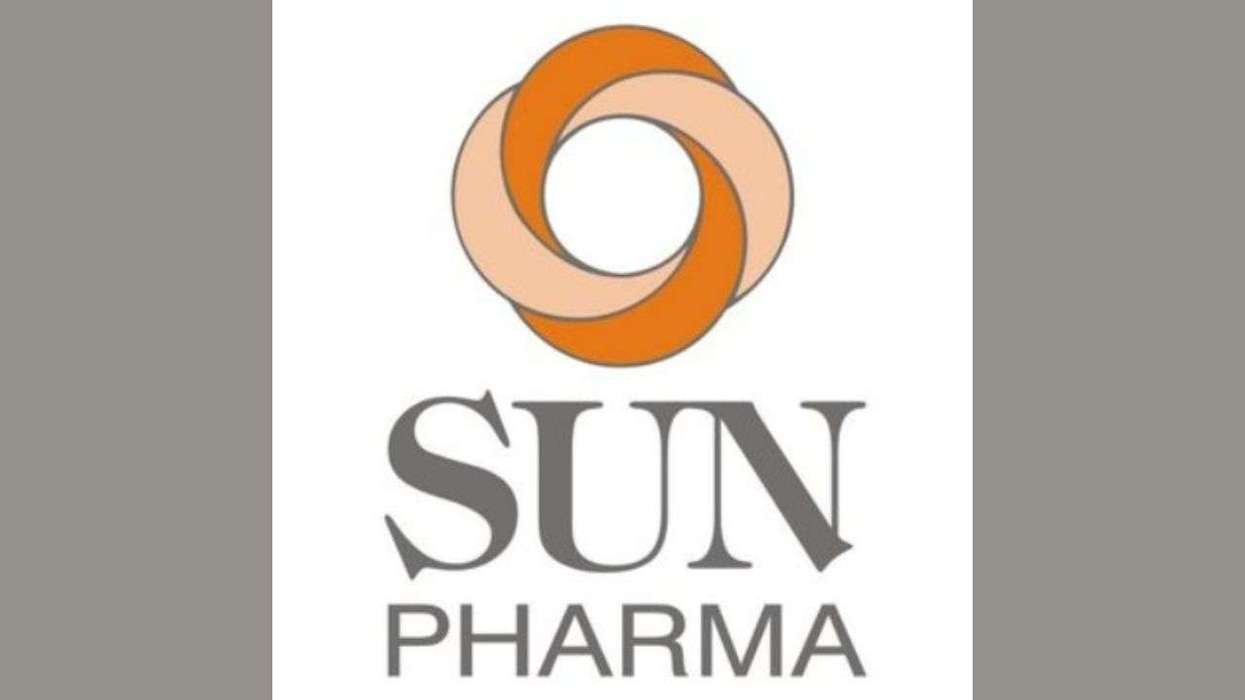Community pharmacies were responsible for dispensing over 99 per cent of items in 2022/23, revealed General Pharmaceutical Services for Northern Ireland, Annual Statistics 2022/23 published on Thursday (29 June).
While the remaining one per cent dispensed by appliance contractors and dispensing doctors.
According to the statistics, on average, each community pharmacy dispensed over 84,000 items in 2022/23, witnessing a growth of over 3 per cent on the previous year to 44.6 million in 2022/23, which is the highest level of dispensing recorded.
This equated to BSO processing 2.1 million prescription forms per month, on average, throughout the year, representing a 4 per cent increase on the just over 2.0m processed each month last year.
The total ingredient cost over the year was £486.9 million. This was an increase of approaching 7 per cent on the previous year, which was around double the percentage increase in the number of items dispensed. The annual ingredient cost total has fluctuated since the beginning of the series but was over 18 per cent higher in 2022/23 than in 2013/14.
Approximately one-quarter (25%) of all items dispensed in 2022/23 were categorised as mainly treating conditions of the Central Nervous System. These items accounted for over one fifth (21%) of total ingredient cost.
Around 45 per cent of prescription items for which the age of the patient could be determined were dispensed to patients aged 65 or over, with over one-third (34%) dispensed to patients in the 45 to 64 age group.
The number of items dispensed in the most deprived areas in Northern Ireland was 46 per cent higher than in the least deprived. Conversely, the average ingredient cost per item was over 20 per cent higher in the least deprived areas.
One in four females (25%) in Northern Ireland received anti-depressant medication during 2022/23. The equivalent figure for males was 15 per cent. The proportion of the population receiving anti-depressant medication was over one and a half times higher in most deprived areas compared with the most affluent.
Northern Ireland had the highest ingredient cost per person in the UK in the 2022 calendar year, at just over £245. This was almost 40 per cent higher than England, where the ingredient cost per person was just over £176 in 2022.
The report also revealed that by the end of 2022/23, Northern Ireland had 525 community pharmacies, one fewer than last year.
It also highlighted that people in Northern Ireland live, on average, less than one mile from a community pharmacy. However, there is a distinct variation in urban and rural settings, with Belfast Local Government District residents living, on average, 0.3 miles from their nearest pharmacy, compared with 1.6 miles for those living in Fermanagh and Omagh.











